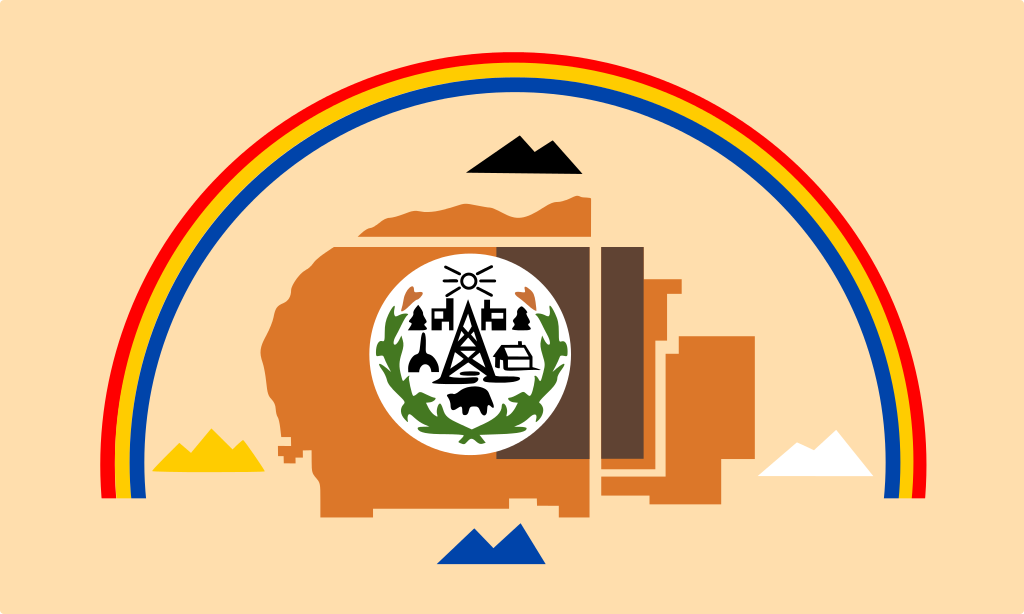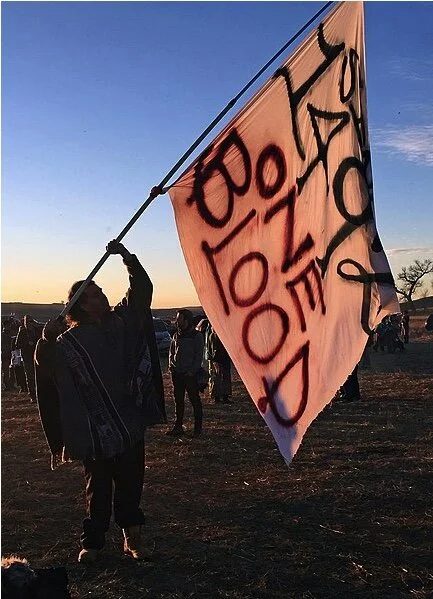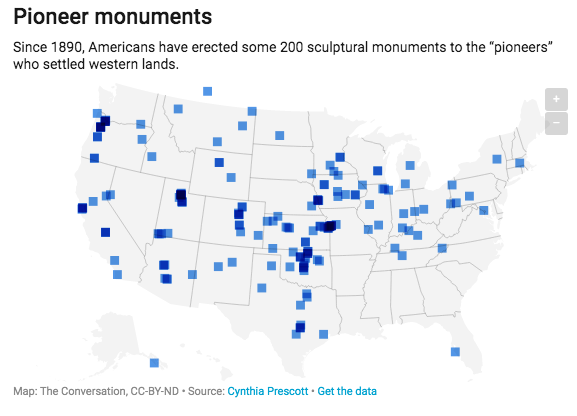Native American tribes are among the communities who have been suffering the most from the coronavirus, and receiving the least amount of aid. Native Americans are a high-risk population for COVID-19. According to Health Affairs—a peer-reviewed healthcare journal—heart disease, cancer, unintentional injuries, and diabetes are the leading causes of death among Native American populations, which means that life expectancy is 5.5 years less than the rest of the US population.
The coronavirus has highlighted the disparities that Native American communities face, even under “normal” circumstances. According to the American Bar Association, “health care for Native Americans lags behind other groups, despite a legal obligation on the part of the United States to provide health care to American Indians and Alaska Natives.”
In mid-March, the Seattle Indian Health Board reported that instead of receiving the medical supplies they asked for, they received a box of body bags. Though it was determined to be a mistake, the mix-up echoes the pressing lack of resources and funding that the Native American communities need. As the coronavirus continues to devastate vulnerable communities in the US, it is of the utmost importance that stimulus aid goes directly to individuals, not corporations.
The Navajo Nation, the second largest Native American tribe, now has the highest per-capita COVID-19 infection rate after New York and New Jersey. As of May 9, there were 2,973 confirmed cases and 98 confirmed deaths for the Navajo Nation, the largest Native American reservation with a population of 350,000 residents, and it continues to rise. On May 6, the Nation finally received their portion of the federal coronavirus stimulus aid, six weeks after it was promised to them, and only after the US Treasury Department was sued.
In April, a group of Native American tribal governments sued the US Treasury Department over unjust distribution of coronavirus stimulus aid. They sued the Treasury in order to prevent the agency from allowing for-profit Alaska Native Corporations (ANCs) to access the $8 billion allocated to Native American tribes from the $2.2 trillion emergency stimulus rescue package.
The ANCs were established after the passage of the Alaska Native Claims Settlement Act (ANCSA) in 1971—a law governing how Alaska Natives could manage their lands. According to Vox, the passage of the ANCSA was likely because the “ANCSA paved the way for oil and gas exploration, which some ANCs have gone on to profit from in the years since.”
The tribes argue that the aid should not include the for-profit Alaska Native Corporations, and should be distributed solely to the 574 federally recognized tribes. If the 237 ANCs were able to apply for the relief money, it would greatly reduce the amount the nation’s tribal people would receive because the Alaskan Native Corporations would disproportionately benefit. According to Politico, “it could also tilt much of the funding even further toward one state by giving some Alaska Natives the ability to seek aid as both villagers and shareholders of a corporation.”
On May 5, U.S. District Judge Amit Mehta gave the tribes a victory when he limited access of the relief aid to the Native American tribes, blocking the ANCs from getting money from the stimulus funds.
Asiya Haouchine
is an Algerian-American writer who graduated from the University of Connecticut in May 2016, earning a BA in journalism and English. She was an editorial intern and contributing writer for Warscapes magazine and the online/blog editor for Long River Review. She is currently studying for her Master’s in Library and Information Science. @AsiyaHaou













